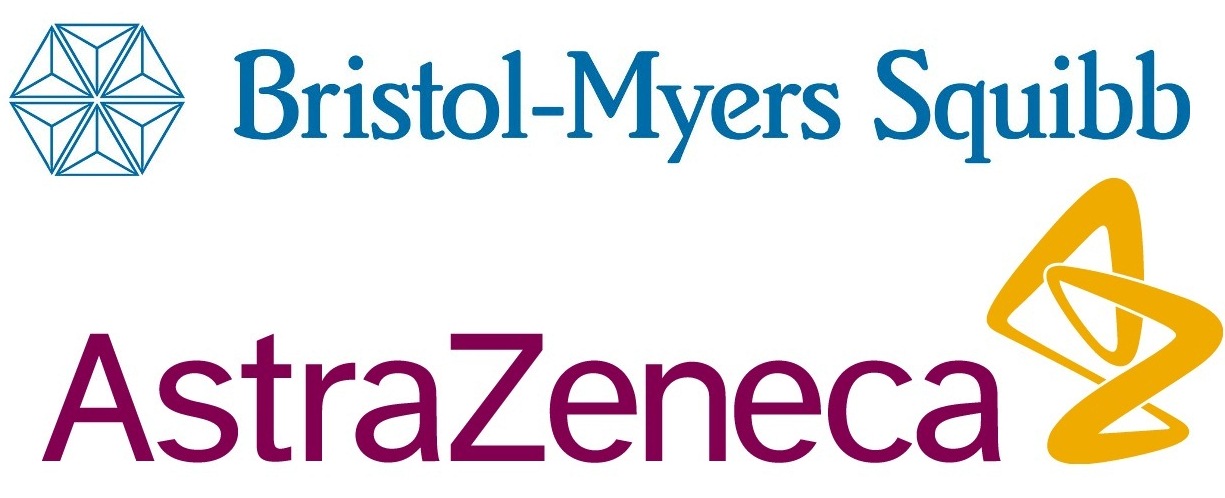DPP-4 inhibitors Onglyza and Nesina Do Not Increase The Risk of Heart Disease in SAVOR and EXAMINE trials
By Kelly Close

Last month, in early September, results from the DPP-4 inhibitor cardiovascular outcomes trials SAVOR-TIMI 53 (for Bristol Myers Squibb and AstraZeneca’s Onglyza) and EXAMINE (for Takeda’s Nesina) showed that neither drug affected the risk of heart attacks, stroke, cardiovascular death, or overall death. (Onglyza showed a slight increase in hospitalization for heart failure, but there was no increase in death rates as a result).
Onglyza (saxagliptin) and Nesina (alogliptin) are both DPP-4 inhibitors, which are once-daily pills for type 2 diabetes. DPP-4 inhibitors are a popular drug class, as they are easy to take, do not cause hypoglycemia, have a neutral effect on weight, can be combined with many other diabetes medications, and usually have few side effects. For more information on DPP-4 inhibitors, please read our learning curve from diaTribe #8.
In SAVOR and EXAMINE, it is reassuring that both Onglyza and Nesina showed no increased risk of pancreatitis or pancreatic cancer, reinforcing the safety profile of DPP-4 inhibitors. The possible association of incretins (DPP-4 inhibitors and GLP-1 agonists) with pancreatitis has been a hot topic in endocrinology, but this is strong evidence that it should not be a concern. To learn more, please read our pieces on AACE’s take on the issue, discussion at the NIDDK/NCI workshop on incretin therapies, and our most recent update from the European Medicine’s Agency.
Ultimately, if studies were conducted over a longer period of time, we believe DPP-4 inhibitors could be “cardio-protective”; it would, in other words, prevent against cardiovascular complications. For the current cardiovascular outcomes trials, there may not be long enough follow up to determine whether this is the case. –NL/KC







